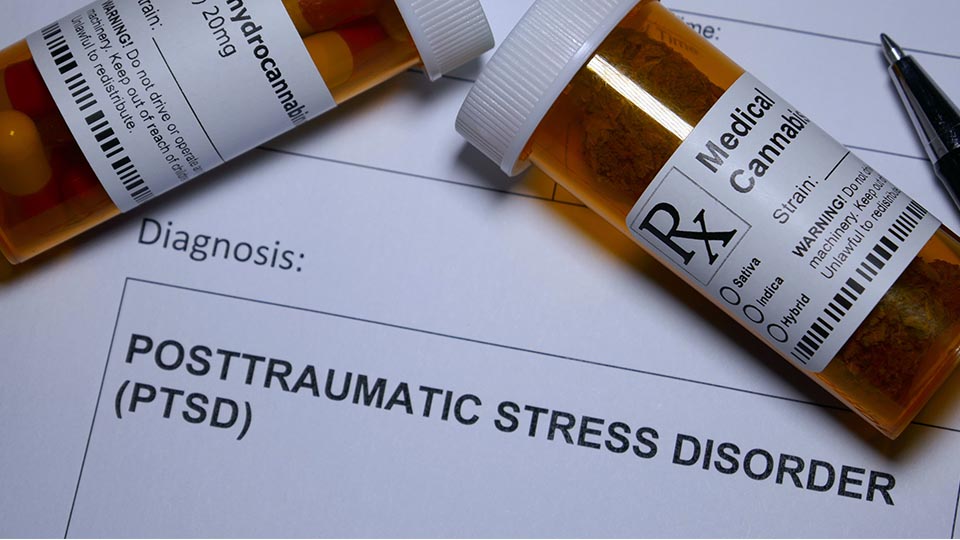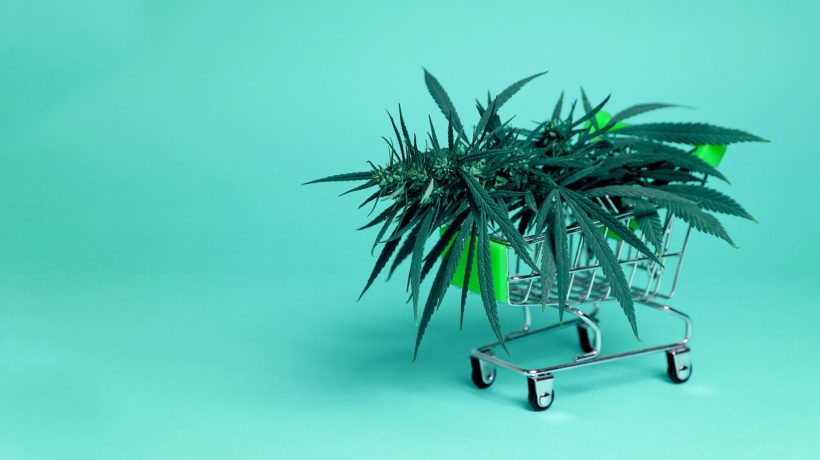While most often associated with military veterans, post-traumatic stress disorder (PTSD) can happen to any individual who survives a traumatic event. For instance, survivors of natural disasters or auto accidents and people who grew up in violent or abusive situations are all prone to developing PTSD. The latest in a years-long string of shootings, the massacre at a Thousand Oaks bar took place at the hands of a PTSD victim.
Sexual assault survivors are particularly susceptible to PTSD; a study published in the McGill Journal of Medicine found that while the rate of PTSD among North Americans is 7.8% of the population, the rate of long-term PTSD among female survivors of sexual assault was 50%. And immediately following the assault, about 94% of assault victims experience symptoms associated with PTSD.
Recent news coverage of sexual assault has underscored just how prevalent the problem is, and even its coverage has created challenges for women suffering from PTSD. The Washington Post was among the many outlets reporting on the impact of the Senate Judiciary Committee hearings on female sexual assault survivors. The hearings, which saw Supreme Court nominee Brett Kavanaugh facing accusations of sexual assault, stirred anxiety and anger amongst assault survivors.

The Rape, Abuse and Incest National Network (RAINN), the world’s largest anti-sexual violence organization, reported a 201% spike in calls during the hearings, many from sexual assault survivors who were re-traumatized by the televised event.
The traditional treatment for PTSD has employed such therapeutic techniques as cognitive behavioral therapy, progressive exposure therapy or eye movement desensitization and reprocessing (EMDR), as well as prescription anti-anxiety and depression medications. But promising research that looks at the effect of cannabis on PTSD provides hope that sexual assault survivors could benefit from its use.
Cannabis and Post Traumatic Stress
Although cannabis has been controversial in the past, studies show compelling reasons for implementing it to treat PTSD. One study, published last year in the medical journal Contemporary Drug Problems, compared the use of cannabis, alcohol and psychopharmaceuticals among military veterans. It concluded that there were “advantages to cannabis use” that were “more effective and less complicated by side effects” than either alcohol or pharmaceuticals.

“Participants suggested that cannabis can be part of an approach-based coping strategy that aids with introspection and direct confrontation of the sources of personal trauma,” wrote study authors Luther Elliot, Andrew Golub and Alexander Bennett, all of the National Development and Research Institutes in New York.
Those findings are supported by other research that points to the many benefits of cannabis for people suffering from PTSD. One hallmark of PTSD is recurring nightmares and difficulty sleeping; a recent study in Molecular Psychology found that cannabis has unique properties that can help address that problem. The study found that “plant-derived cannabinoids [psychoactive chemicals] such as marijuana may possess some benefits in individuals with PTSD by helping relieve haunting nightmares and other symptoms of PTSD.”
Additionally, a study in Science Daily found that using cannabis significantly reduced the symptoms suffered by individuals with PTSD. Participants who used cannabis reported a lower incidence of re-living the trauma, were less likely to use avoidance techniques to prevent the anxiety associated with PTSD and noted a decline hyper-arousal or hyper-vigilance — all of which are common symptoms of PTSD.
Why It Works
To understand why cannabis works so well in relieving symptoms of PTSD, it’s important to know how the brain reacts in a post-traumatic environment. According to Viatcheslav Wlassoff, Ph.D., the different regions of the brain collect and record information during a traumatic event. Later, when some sort of stressor triggers the brain, it reacts as if the trauma was happening again.
The hippocampus (the part of the brain responsible for memory) can have difficulty distinguishing between something that is happening now and a memory that has already occurred. It may not distinguish between a current threat and one that has already passed.

This explains why things like hearing about sexual assault or seeing coverage of it on the evening news creates such a strong trigger for survivors. Studies with military veterans show that using cannabis can help reduce the reaction to a stimulus and therefore minimize the effects of PTSD.
Cannabis also can help regulate cortisol levels in the body. Cortisol is released when an individual is under stress and goes into “fight or flight” mode. For trauma survivors, triggering events can release cortisol, and people living with PTSD often suffer from the long-term effects of high levels of cortisol. In women, this can eventually lead to hormonal imbalances and infertility.
While research into the effects of cannabis on PTSD symptoms is still in its infancy, the findings so far have been promising and overwhelmingly positive. Israeli scientist Raphael Mechoulam, Ph.D., who was responsible for identifying the psychoactive ingredient THC in cannabis, says it should be studied as a viable solution for people suffering from PTSD.
As more studies continue delving into the effects of cannabis on PTSD, victims of sexual assault and other trauma could find long-term relief through cannabis. Jacob Miguel Vigil of the University of New Mexico is among the researchers whose studies have found cannabis to be beneficial for both mental and physical ailments. His findings lead him to believe that cannabis could be the answer for many PTSD-related symptoms, like insomnia, anxiety and depression.
“If the results found in our studies can be extrapolated to the general population, cannabis could systematically replace multi-billion dollar medication industries around the world,” he says.



